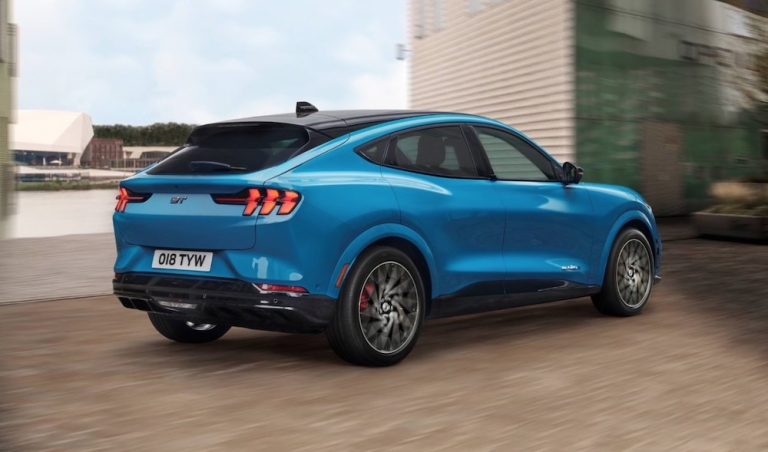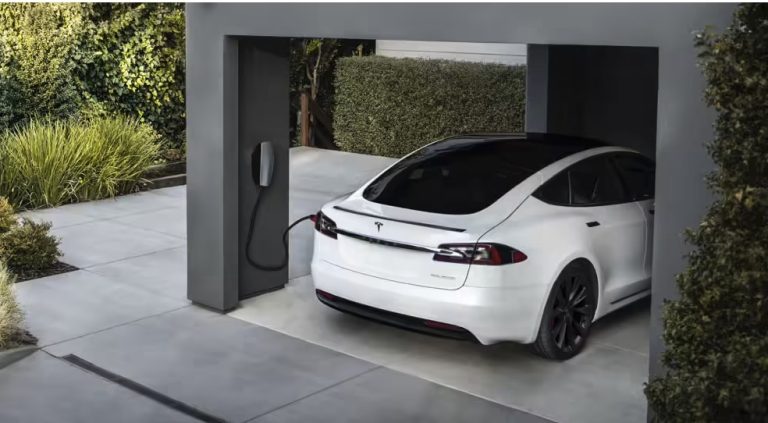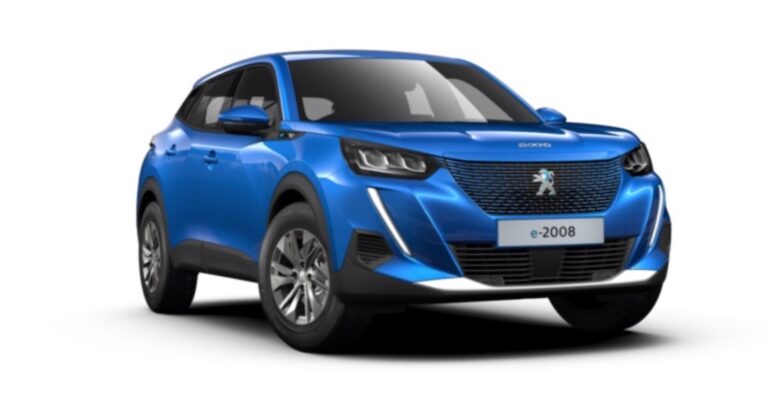You have just acquired (or about to acquire) your new or used, battery-electric vehicle (BEV) or plug-in hybrid electric vehicle (PHEV), and need an EV cable to charge the electric vehicle (EV). You have come to the right place. This article is a brief and easy-to-understand introduction to electric vehicle charging cables, for charging at home and at public EV charging stations. Moreover, the e-zoomed Electric Living Shop offers a comprehensive selection of ‘Made In Europe’ EV charging cables from 2m to 45m. We also offer a bespoke service for longer cables!
Electric Cars: The Basics
For those of you new to zero-emission electric driving, we recommend a read of the following articles:
Sign up to the e-zoomed Electric Living newsletter
3 Top Pitfalls To Avoid
We at e-zoomed have gained considerable knowledge in EV charging cables, given our leadership in selling EV cables in numerous markets across Europe. We are keen to share our knowledge with the EV community, such that, customers can be better informed before purchasing electric car charging cables. For any further clarifications, please feel free to email us!

| Pitfalls To Avoid | |
|---|---|
| Never buy cheap | Not all EV charging cables are the same. It is simply false economy to try and save a few Euro’s on buying a cheaper cable, when in all probability, the EV you own is worth over €30,000! Nor are we suggesting you buy the most expensive EV cable. There is always a balance between price and quality and charging cables are no different. The last thing you need is to have the EV charging cable stop working when you most need it. At e-zoomed we have put significant effort in sourcing EV cables that are well priced but also good quality. Assess qualities like: strength, high abrasion, wear, oil, radiation resistance, high elasticity, good tactile properties, etc, when buying an EV cable. |
| The shortest length is never the best choice | A number of customers seek the shortest length (2m) because it is the cheapest. However, most charging destinations (home or public) require an EV charging cable that is longer than 2m. In our experience, customers should buy EV charging cables longer than 3.5m. We recommend a 5m charging cable. It is long enough to meet most charging needs, but compact enough to be carried and put away easily! |
| A lower technical specification EV charging cable is never the best choice | A number of electric car owners seek to buy a 16 amp (single phase) EV charging cable, instead of a 32 amp (single phase) EV charging cable. The reason is simple. The 16 amp is marginally cheaper! However, a 16 amp charging cable charges at 3.6 kW AC, a much slower rate compared to a 32 amp EV charging cable that charges at 7.2 kW AC (an ampere is the unit for measuring electricity. The accepted standard unit used for measuring how fast an electric current flows is an example of an ampere). We encourage customer to buy a higher technical specification, as it will prove to be a better long-term investment. Of course, the charging rate of an EV will depend on the onboard charger for the specific EV and the power supply available at the point of charging. |
EV Charging Cables: The Basics
| What Matters? |
|---|
| Type 1 or Type 2? |
| 16 amp or 32 amp? |
| Single Phase or Three Phase? |
When do you need an electric car charging cable? Quite simply when you need to charge your EV, either at home or at a public charge point. If your home charge point has a tethered cable (attached cable), then you will not need to use another cable for charging at home. However, you may still need a cable in your car for charging at a public EV charging point. We recommend you always carry an EV cable. For avoidance of doubt, all types of plug-in electric cars will require a charging cable to charge, to include, plug-in hybrid electric vehicle (PHEVs) and battery-electric-vehicles (BEVs).

Electric car charging cables come in various lengths, starting from 2m up to 50m. We believe carrying a 5m cable should work well for most of your charging needs in terms of weight and ease of storage. You can buy a 5m EV charging cable type 2 through e-zoomed at very attractive prices by following this link.
We also recommend buying an EV charging cable carry case. Again, from a practical point of view, it is useful in storing the EV cable neatly in your car. Moreover, the case protects the EV cable from potential damage. As is the case with any new technology, the EV industry has yet to harmonize charging cable protocols, hence the reason why different ‘types’ of EV cables exist. In general, the most commonly used EV charging cables are Type 1 and Type 2.
Your electric vehicle will have either a Type 1 or Type 2 car inlet socket. Type 1 inlet is the American and Japanese standard (J1772). Type 2 inlet is the standard in Europe (IEC 62196). Both have pins to carry power, a safety ground and communication. Type 1 are mostly used by older generations of electric vehicles, while the latest generation use Type 2!
Also, most public charging points and non-tethered home chargers have a Type 2 socket. The Type 1 plug allows for charging up to 7.4 kW AC. The Type 2 plug can charge up to 22 kW AC and even higher. The other plug types include, Combined Charging Systems (CCS)and CHAdeMO.


Therefore the EV charging cable needs to ‘fit’ the vehicle socket. If confused just check the EV manual for the ‘Type’ of charging cable required. EV cables come in different ‘current ratings’, usually a 16 amp or 32 amp. We recommend buying a 32 amp cable if suitable for your needs. Older EVs are fitted with a 3.6 kW onboard charger as standard that needs a 16 amp EV cable. However, newer electric cars have a 7 kW (or higher) charging capability that requires a 32 amp cable.
Also, EV cables are either single phase or three phase. A single phase EV cable will charge up to 7 kW AC, while a 3 phase EV cable will charge up to 22 kW AC. Yes, a 3 phase EV cable will allow the EV to be charged faster. In general, a single phase EV cable is used for residential charging as most homes are supplied with a single phase power supply. A three phase power supply is more common in commercial premises and public EV charging infrastructure.
Lastly make certain that the EV charging cable has the appropriate certifications and warranty. A two year warranty is standard. Happy EV charging!
While e-zoomed uses reasonable efforts to provide accurate and up-to-date information, some of the information provided is gathered from third parties and has not been independently verified by e-zoomed. While the information from the third party sources is believed to be reliable, no warranty, express or implied, is made by e-zoomed regarding the accuracy, adequacy, completeness, legality, reliability or usefulness of any information. This disclaimer applies to both isolated and aggregate uses of this information.





















